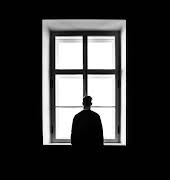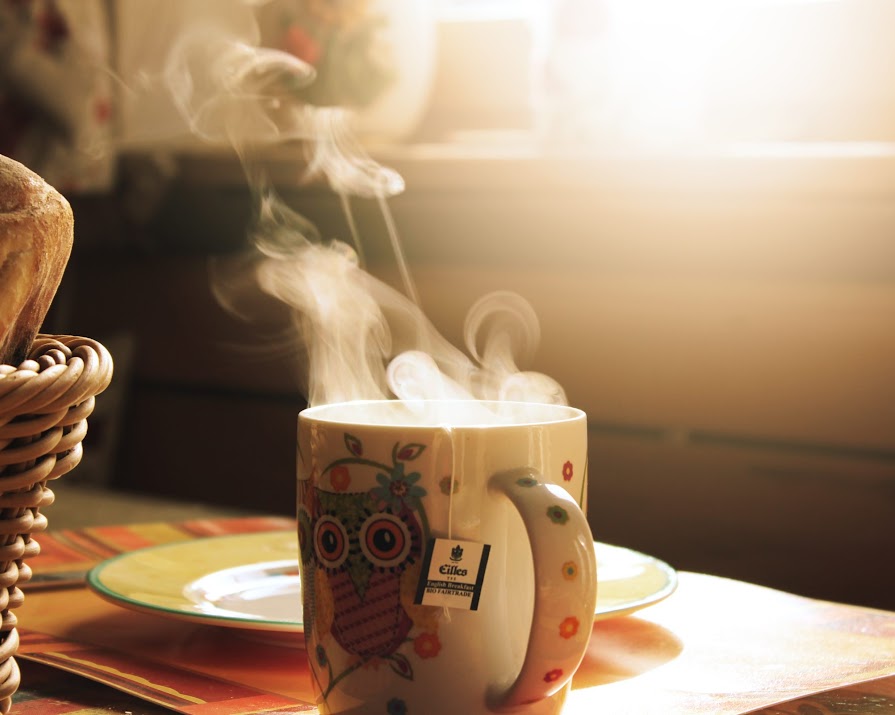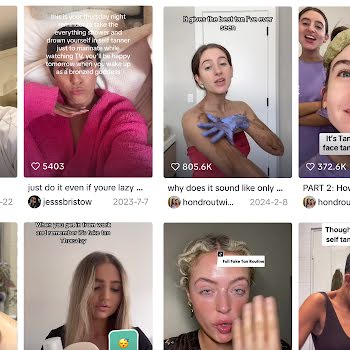
By Jennifer McShane
07th Aug 2020
07th Aug 2020
Are you someone who hops out of bed as soon as the alarm goes off? Or are you so dependent on the snooze button you’d rather not talk about it? Even if you’re not early to bed and first to rise, a lot of us wish we could get into better habits in the mornings because, generally, that’s when the majority of us are at our most productive. The issue is that sleep is very individualised; some are morning people, and some just aren’t. Add a pandemic to the mix, and the mornings can seem even worse with days stretching ahead. However, one thing that is advised, even in the midst of uncertainty is to (if at all possible) keep up a routine. It will start your day off the right way and give you a sense of focus and purpose
And asides from this routine helping you to feel better overall, studies have shown that being a morning person can actually be healthy for you and even help you live longer. If you don’t naturally wake up energised and excited for the day, there are still some things you can do to make this happen. Scroll for a few tips.
Don’t hit the snooze button
The first thing you need to do is to get up, even when it feels impossible. Ideally, you want to wake up in the lighter stages of sleep, but if you keep hitting the snooze button, you won’t know what stage of sleep you’ll wake up in, even 15 minutes later. If you wake up in the deeper stages of your sleep cycle, you’ll get what is known as sleep inertia: When you wake up and have difficulties starting your day.
Stop watching the clock
Resist the urge to automatically reach for your phone to check the time if you wake during the night. It’s normal and we’ve all done it but glancing at the clock repeatedly may start to rewire your sleep schedule so that you wake up in the middle of the night every night, and therefore have a harder time waking up in the morning.
Ignore the numbers on your apps

The numbers on your Fitbit letting you know how many hours you’ve slept are all well and good, but you shouldn’t make them a focus. Say you start your day looking at your sleep data, and it says you only slept 50% last night. You’ll automatically become frustrated or anxious that you didn’t sleep enough, and it’s going to set you up for failure the next day, or worse — play a part in getting you so worked up that insomnia rears its head.
Keep a set sleeping pattern (yes, even now and at weekends)
In other words, don’t let social jetlag kick in at the end of the week. This is when you stay up late on Friday and Saturday nights because you can. Then your body gets into the habit of falling asleep at 2 a.m. or whatever time you go to bed. We all have to live and add variety to our evenings and weekends but one of the key things to feeling good in the morning is having a set sleep schedule even on weekends. If you’re continually finding it a struggle to get up in the mornings, this could be worth keeping in mind.
Get moving as quickly as possible

Your bedroom should be a tranquil heaven that sets you up to relax and sleep soundly, so when it is time to get going, try and leave it as quickly as possible. When we lay in bed, checking our Twitter feed, or rolling around yawning, we are allowing ourselves to let the grogginess sit in and it’ll make it much harder to start the day. The moment you wake up, get up and get moving — even if it means just getting a glass of water from the kitchen.
Go to sleep when you’re tired
It sounds very obvious, but as most of us generally have a rough time we go to sleep at every day, this does mean we try and fight through the tiredness — even if we’ve had an especially exhausting day. But in doing this, we’re ignoring what our bodies are telling us. Don’t do this. Powering through your tiredness instead of going right to bed can have adverse effects, tricking your mind and causing you to feel wired while lying in bed, even when your body is physically exhausted.
Don’t rely on your morning coffee alone
A morning cup of coffee or tea is routine for plenty of us but shouldn’t be the only thing that gets you out of bed.
Photographs: Unsplash























